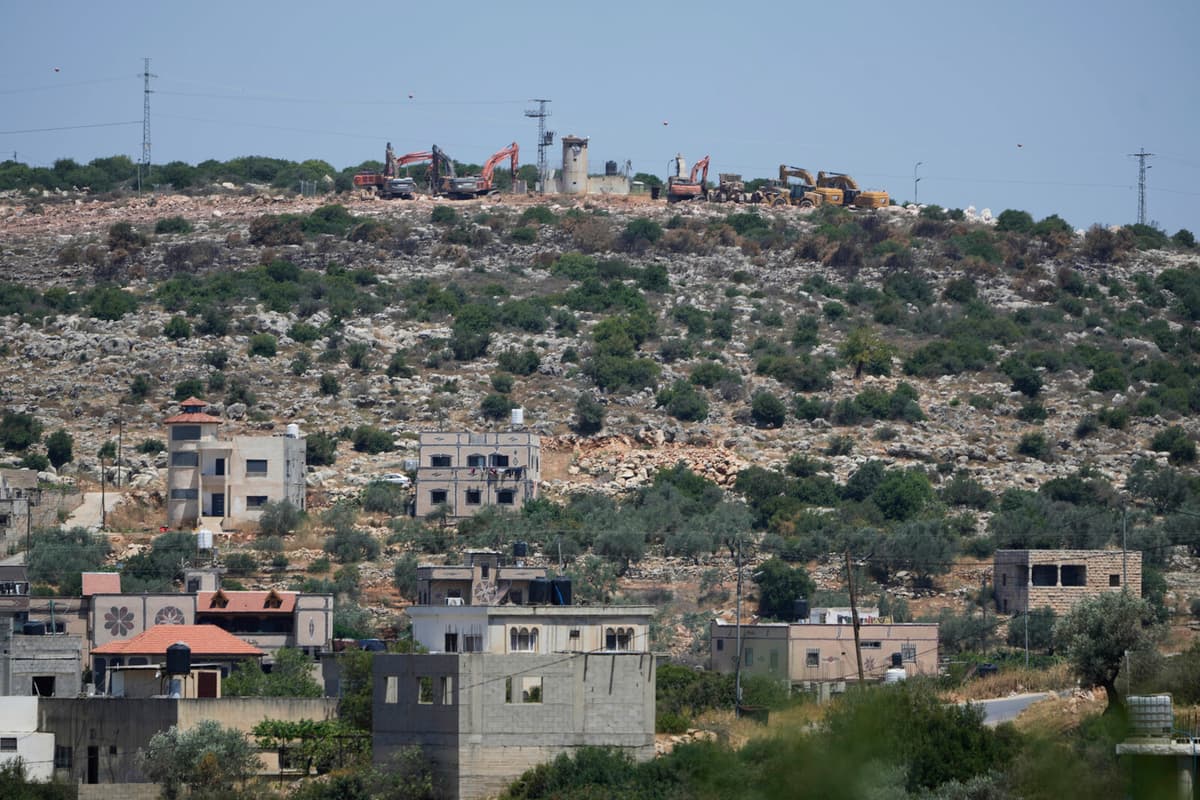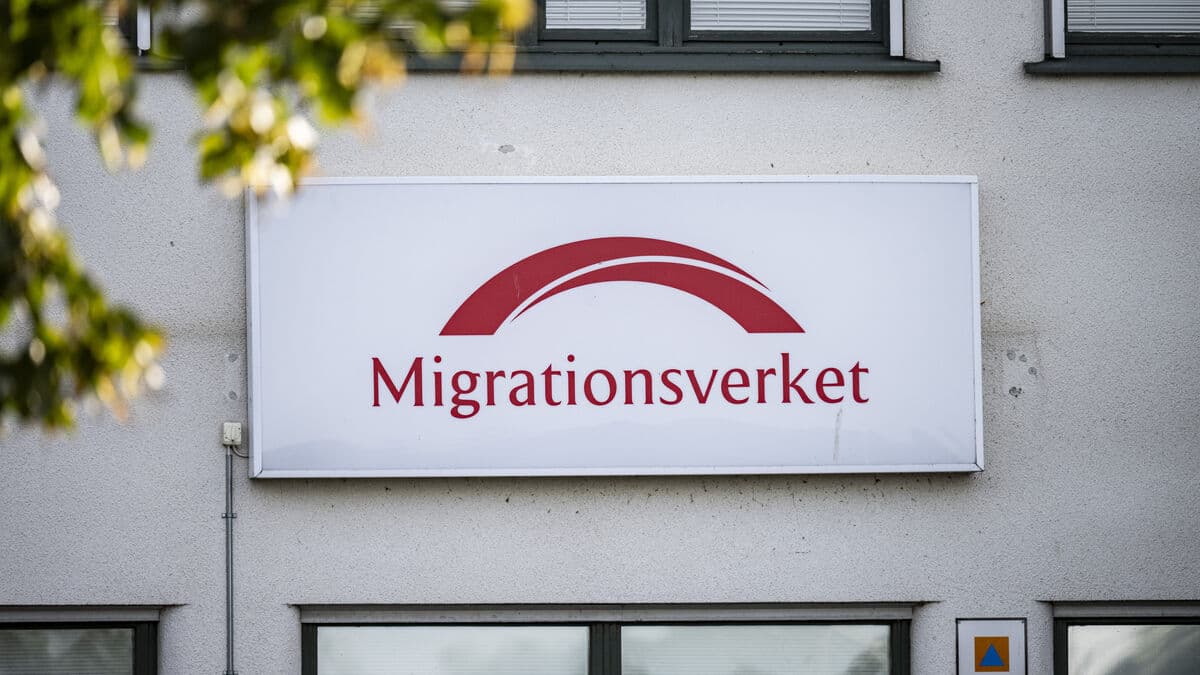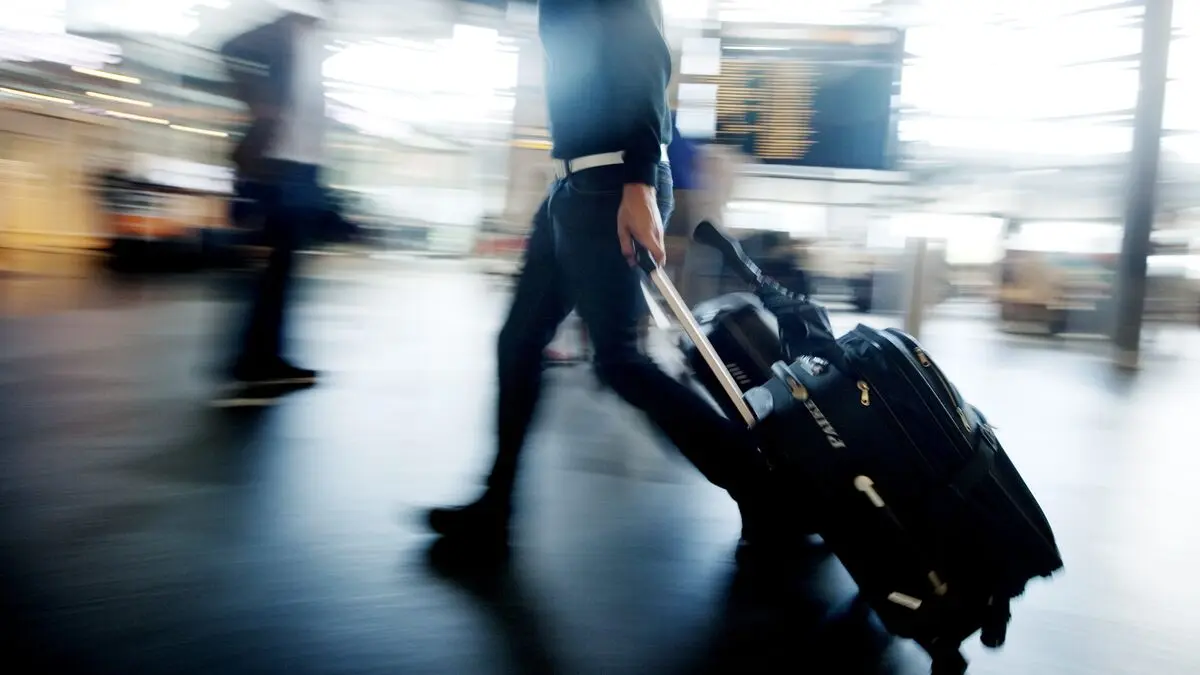"Settlements are illegal under international law, further jeopardize the two-state solution, and do not protect Israel," writes Hamish Falconer, British Minister for the Middle East and North Africa, on X.
The Israeli decision includes the approval of settlements already built in the area without permission.
Jordan's Foreign Ministry warns in a statement that it "undermines the prospects for peace by consolidating the occupation."
Stéphane Dujarric, spokesperson for the UN Secretary-General Antonio Guterres, describes it as a step in the "wrong direction" and an "obstacle to peace and social development."
Occupied since
The Palestinian West Bank and East Jerusalem have been occupied by Israel since the Six-Day War in 1967. A large part of the international community considers the settlements illegal.
Today, around 700,000 settlers live on occupied land in the West Bank and East Jerusalem, according to the UN human rights organization OHCHR. They live in 300 settlements and outposts, all of which are illegal under international law. On the West Bank, three million Palestinians also live – who are systematically forced away from their homes and squeezed into increasingly smaller areas.
"Strategic move"
The decision to approve new settlements "strengthens our grip on Judea and Samaria," says Israel's Defense Minister Israel Katz, referring to the West Bank. He also calls it "a strategic move that prevents the establishment of a Palestinian state that would threaten Israel."
The Israeli government has stepped up the establishment of settlements in recent years, long before the terrorist-listed Hamas deadly attack on Israel on October 7, 2023. The phenomenon is seen as a major obstacle to the long-standing conflict between Israelis and Palestinians.






